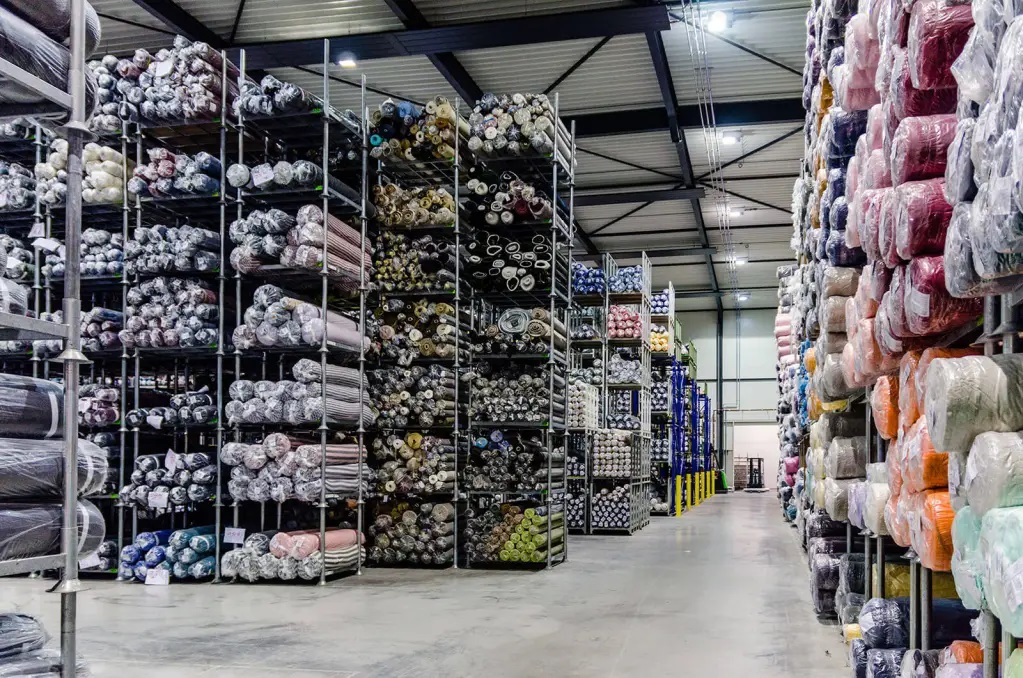Textile companies are the unsung heroes of our everyday lives, weaving the fabric of our world, quite literally. These multifaceted entities are responsible for producing an astonishing array of textile products that encompass everything from the clothes we wear to the interiors of our homes, the upholstery in our cars, and even the technical materials that power industries. In this comprehensive exploration, we will embark on a journey through the diverse realm of textile products, unveiling the intricate tapestry of items that textile companies bring to life.
Introduction to Textile Companies
Textile companies are the driving force behind the creation of textile products. Their core mission is to take raw materials, such as fibers and yarns, and transform them into finished textiles that serve a myriad of purposes. These companies are integral to the textile supply chain, overseeing everything from design and production to distribution and quality control.
The significance of textile companies extends far beyond the mere manufacturing of fabrics. They are instrumental in shaping fashion trends, enhancing interior aesthetics, and enabling cutting-edge innovations across industries. The products they create are as diverse as the materials they employ and the industries they serve.
Types of Textile Products
The world of textile products is astonishingly vast, encompassing a rich tapestry of items that cater to diverse needs and preferences. Here are some of the key categories of textile products that textile companies specialize in:
1. Apparel and Fashion Textiles
Clothing: Perhaps the most recognizable products are the clothes we wear daily. Textile companies produce a wide range of garments, from t-shirts and jeans to haute couture dresses. Fabrics can vary from natural fibers like cotton and silk to synthetics such as polyester and nylon.
Footwear: The textile industry plays a crucial role in the production of footwear, crafting shoe uppers and linings from a plethora of materials, including leather, canvas, and high-performance textiles.
Accessories: Scarves, ties, hats, gloves, and handbags are all part of the accessory landscape. Textile companies produce these items in an array of styles and materials to complement various fashion sensibilities.
2. Home Textiles
Bedding and Linens: The cozy blankets that keep us warm, the soft sheets that cradle us at night, and the plush towels we use every day—all fall under the domain of home textiles. These products enhance comfort and aesthetics in our homes.
Curtains and Draperies: Textile companies also manufacture curtains and draperies that adorn our windows, adding style and functionality to our living spaces. Fabrics range from sheer voiles to heavy brocades.
Kitchen Textiles: Your kitchen is likely filled with textiles, from dish towels and aprons to pot holders and oven mitts. These items make meal preparation more convenient and stylish.
3. Technical and Industrial Textiles
Automotive Textiles: The automotive industry relies on textile companies for materials used in car interiors, including seat fabrics, carpets, and headliners. Technical textiles like airbags and tire cords are also crucial.
Medical Textiles: Textile companies produce a wide range of medical textiles, from wound dressings and surgical gowns to implantable textiles used in medical procedures.
Geotextiles: In civil engineering, geotextiles play a vital role in projects involving soil stabilization, drainage, and erosion control. Textile companies manufacture these specialized materials.
4. Textile Accessories and Trims
Zippers, Buttons, and Fasteners: The functionality of clothing often depends on accessories like zippers and buttons. Textile companies produce these essential items in various styles and materials.
Elastics and Ribbons: Elastic bands and ribbons are used in garments, packaging, and a wide range of other applications. They come in numerous colors and sizes to suit different needs.
Labels and Patches: Every branded garment or product requires labels and patches. Textile companies create these customized accessories that convey brand identity.
5. Custom and Specialty Textile Products
Custom Fabrics: Textile companies often work closely with designers and brands to develop custom fabrics tailored to specific needs. These fabrics can range from high-performance materials to exclusive luxury textiles.
Textile Art and Installations: Beyond functional products, textile companies also collaborate with artists and designers to create textile art installations and sculptures that adorn public spaces, galleries, and exhibitions.
Technical and Aerospace Textiles: Specialized textiles are essential in technical and aerospace applications, such as the production of airbags, parachutes, and even astronaut suits. These textiles are engineered for extreme conditions.
Conclusion
In a world shaped by textiles, textile companies play a pivotal role in creating the fabrics and products that define our daily experiences. From the clothes that express our individuality to the materials that drive technological advancements, the reach of textile products is truly remarkable.
As we’ve explored the multifaceted landscape of textile products, it’s evident that textile companies are at the forefront of innovation and creativity. They cater to diverse needs and industries, constantly pushing the boundaries of what textiles can achieve.
Whether you’re wrapping yourself in the warmth of a favorite blanket, donning the latest fashion trends, or benefiting from the technical marvels of aerospace textiles, the influence of textile companies is all around us. These companies are the weavers of our world, crafting the fabric of modern life with expertise, authority, and a commitment to meeting the evolving needs of society.




